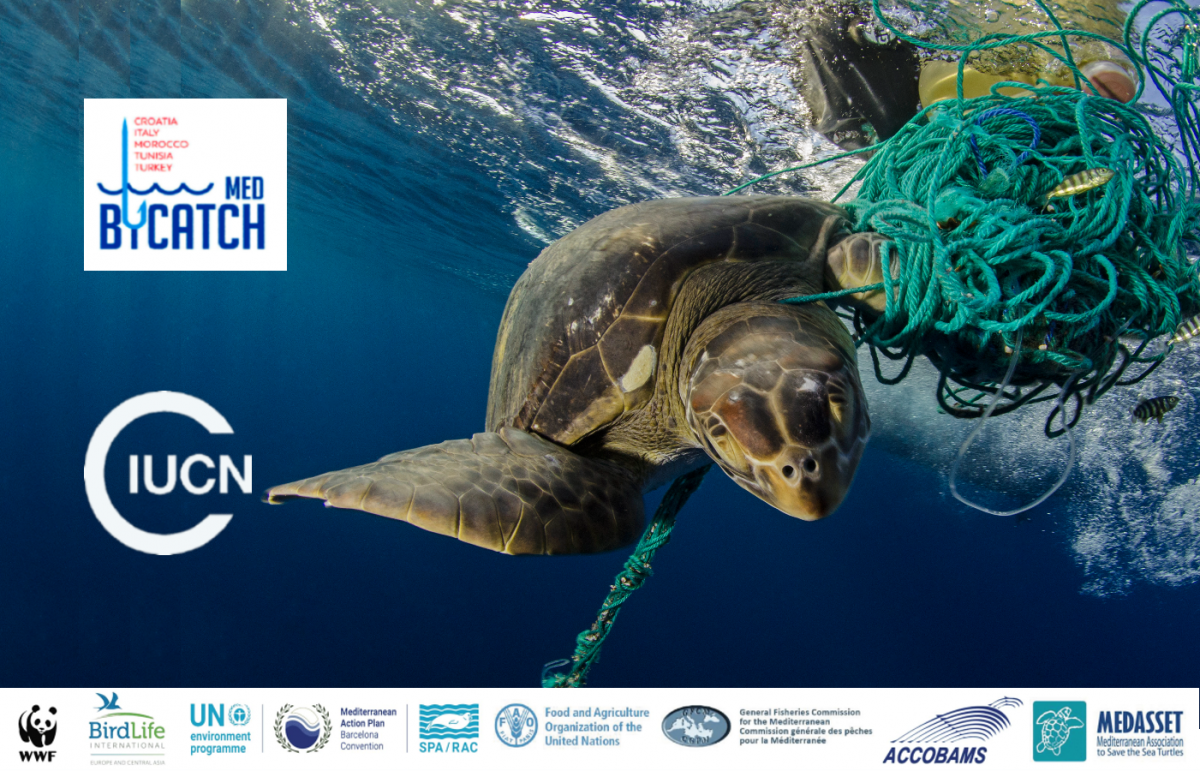Leading the way forward toward the establishment of new deep sea marine protected areas in Lebanon
IUCN Centre for Mediterranean Cooperation together with the Mediterranean Trust Fund visited Lebanon and has been welcomed by IUCN ROWA between October 7-11 to discuss and support the creation and management of a new Lebanese Marine Protected Areas. One of these new proposed MPA located north of Beirut, in the proximity of the bay of Jounieh. The new MPA aims to protect the valuable ecosystems at the deep sea part stretching to the coastal area. The proposed site was discussed with President’s Environmental Advisor, the Mayor of Jounieh in the presence of political, legal and technical advisors.

Photo: Meeting Lebanon
In line with this new dynamic to support MPAs, IUCN facilitated meetings with high level officials to invite Lebanon to adhere the Mediterranean Trust Fund and get benefit into supporting existing and future MPAs.
This achievement is part of the “Deep-Sea Lebanon” project, funded by MAVA Foundation and lead by OCEANA in cooperation with IUCN and UNEP/MAP-SPA/RAC as executing partners; the Lebanese Ministry of Environment as key member of the Steering Committee; and ACCOBAMS, GFCM and CNRS-L as Supportive Partners.
The project, launched in 2016, is being executed based on a request for partnership sent from the Lebanese Ministry of Environment in order to carry out biodiversity field surveys in the deep sea in Lebanon, following the adoption by the Lebanese Government of the Lebanon’s Marine Protected Areas Strategy in 2012 (link to the strategy), in which four sites in the deep sea were identified as potential MPAs and need further scientific studies for their declaration.
The overall aim of the “Deep-sea Lebanon project” is to increase the surface of MPAs in Lebanon with the intention of generating suitable management plans to maintain those protected zones, and support sustainable development along the Lebanon coast.
For more information: Marie-Aude Sevin-Allouet (IUCN-Med) and Ziad Samaha (IUCN Rowa)



